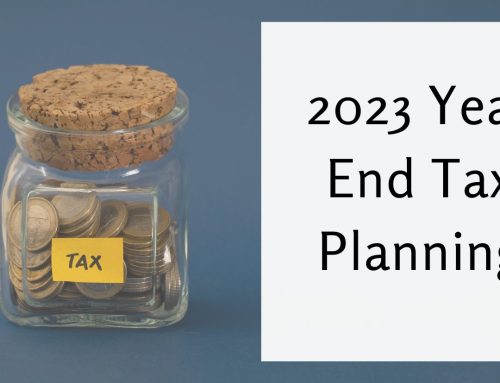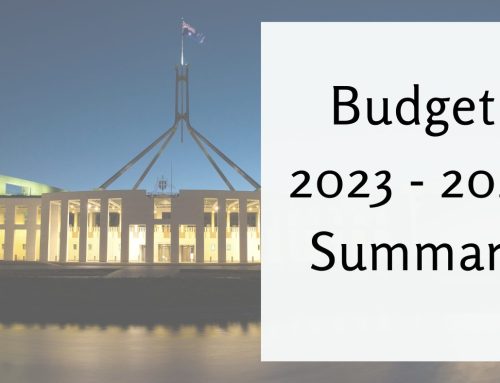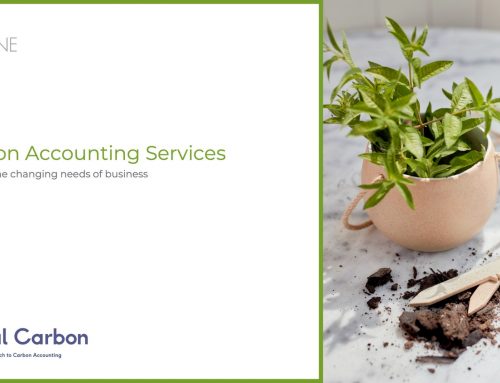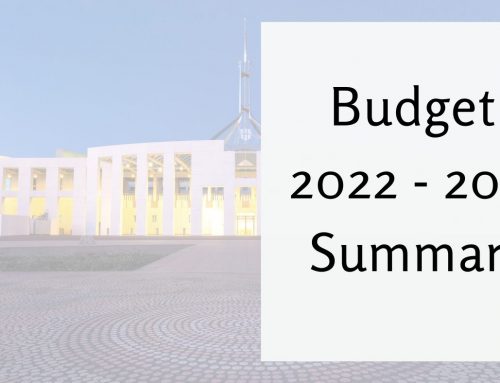Businesses in general
For businesses there are a number of matters that you should give consideration to before the end of the financial year.
These include:
- Plan to have a stocktake on 30 June to ensure that you have an accurate stock on hand count and valuation for year end. We should also consider how we value the closing stock of the business as the method of valuation chosen can impact on the business’ taxable income.
- Review debtors listing before year end and consider whether there are any debts that are no longer collectible. If there are bad debts in the listing then you should look to write those bad debts off before 30 June.
- Review depreciation schedules to ensure that the assets listed on the depreciation schedules exist and are still used in the business. It is also a good opportunity to review the useful lives of the assets to ensure that the rate of depreciation is still relevant. There may be an opportunity to increase the rate at which the asset is written off if you believe that the effective life of the asset has diminished.
- Consider whether there is scope to defer invoicing in June so that the income becomes income for the 2018 tax year. In doing so you must be mindful of the cash flow implications as this delays the collection of the invoice and customers could take advantage of having the extra 30 days before paying.
- If dealing with government or semi government bodies they will often want to be invoiced before 30 June in order to show that they have expended their budget. However, you have not earned the income despite issuing the invoice. As such, this should not be considered income for the 2017 tax year. Rather, the invoice amount should be recorded as Accrued Income so that it appears on the balance sheet rather than as part of the business’ income. Alternatively, you may have issued an invoice and the customer may have paid the invoice before 30 June. If the payment is subject to a full refund if work is not performed then this should be recorded as Prepaid Income. Again, this is not assessable income where the agreement specifies that the payment is fully refundable unless the services are performed or goods supplied.
- If you have a company within your family group structure and the company has lent money to a shareholder or an associate of the shareholder then we need to be mindful of Division 7A of the Income Tax Assessment Act. These rules require that the loan be repaid over a seven year period provided that there is a written agreement (this term can be extended to 25 years where the borrower has provided the company with security in the form of real property to the value of at least 110% of the value of the loan. Failure to make the minimum repayments results in the borrower having to declare the “deemed dividend” as income in the year in which the advance was made. Please contact our office to discuss if you have any queries.
Businesses are required to pay all employees superannuation at the SGC rate of 9.5%. For the quarter ending 30 June 2017 the SGC compulsory superannuation payment is not due until 28 July 2017. However, businesses do not get a tax deduction for superannuation contributions until they are physically paid (and paid within the time frame being the 28th day after the end of each quarter). Cash flow permitting, we suggest that you pay the June quarterly SGC and any salary sacrifice superannuation contributions prior to 30 June in order to ensure that you are able to claim the tax deduction in the 2017 tax year.





